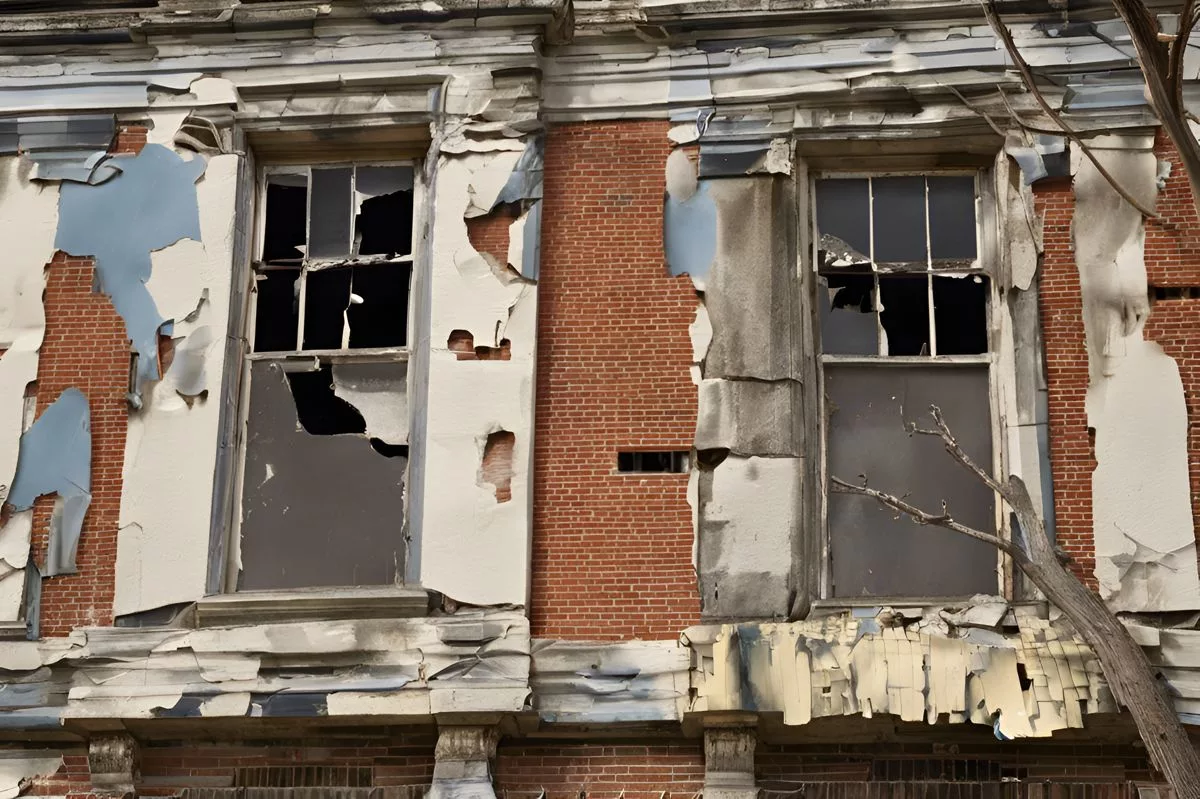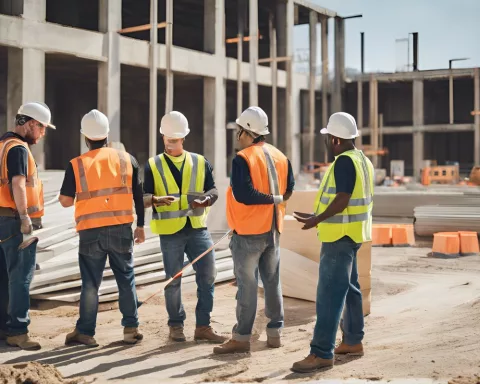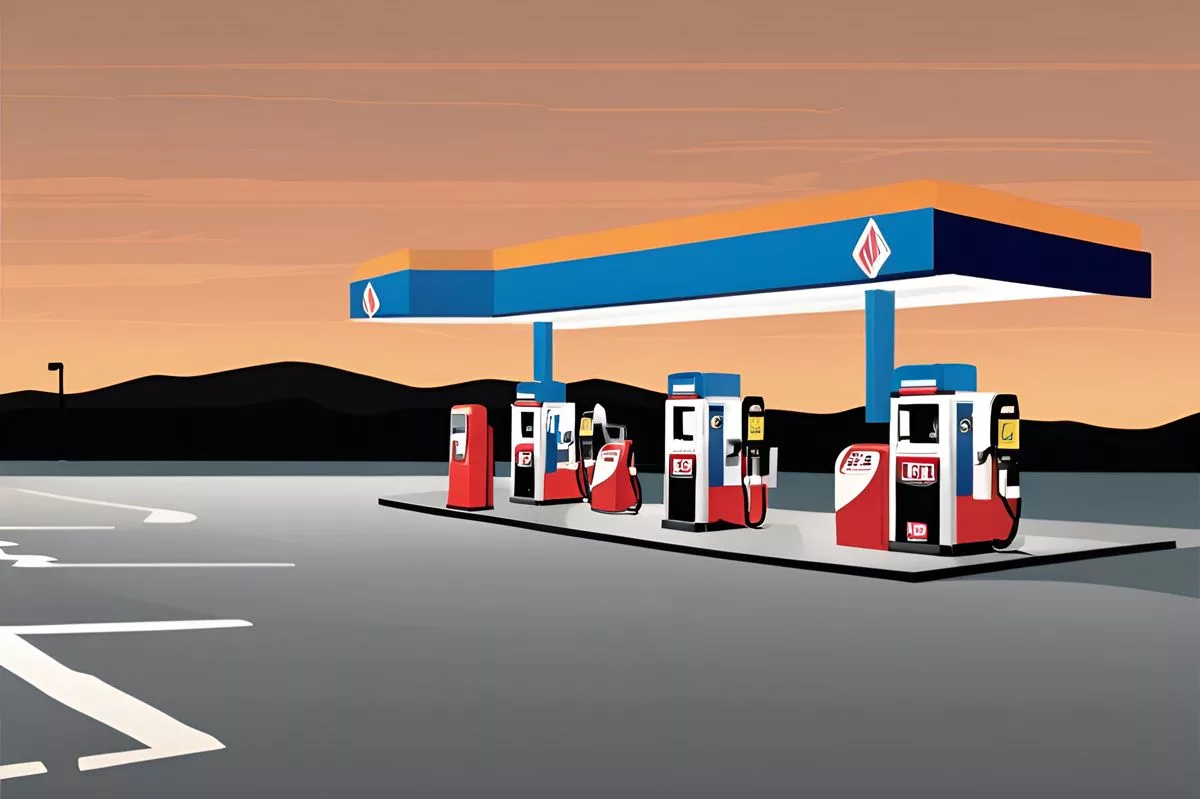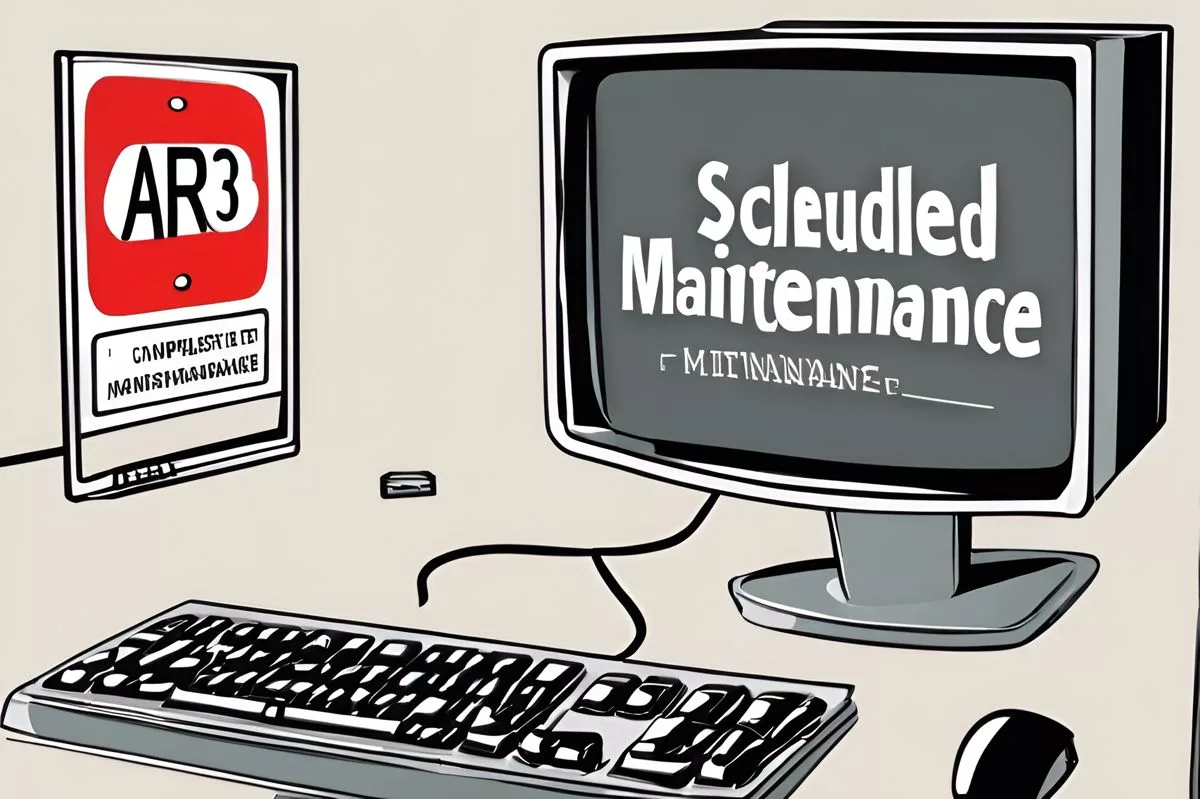The Philippi Police Academy is in big trouble, dealing with awful conditions like leaking toilets and moldy roofs. Trainees struggle without basic things like hot water and enough computers, leaving them unprepared to protect the community. Over R114 million has been spent there since 2018, but no one has checked the finances in six years, raising serious concerns about where the money went. This mess highlights a lack of leadership and accountability, making it clear that real change is needed to restore hope for these future police officers.
What are the main issues at the Philippi Police Academy?
The Philippi Police Academy faces severe challenges, including poor facilities, financial mismanagement, and lack of accountability. Issues like leaking toilets, inadequate resources, and unaccounted funds undermine the training environment, impacting the trainees’ preparedness for their future roles in public safety.
Unveiling the Reality
Many envision a police academy as a place of rigorous training, discipline, and a sense of pride. Unfortunately, the situation at the Philippi Police Academy diverges dramatically from this ideal. Tasked with preparing individuals for the essential role of public protection, the academy struggles with numerous issues that undermine its core mission. A recent visit by the parliamentary Portfolio Committee on Police exposed alarming conditions that go beyond substandard—they are deeply troubling.
During a revealing visit on a recent Friday, a multitude of problems surfaced. The academy, which houses 560 trainees, faces severe issues like leaking toilets, mouldy roofs, and a glaring scarcity of essential resources. For example, there are only two kettle urns available for the entire block and a mere 20 functioning computers for over 500 trainees. Perhaps most disturbing is the lack of working geysers, leaving some trainees without a warm bath since their arrival.
Dereleen James, an MP from ActionSA, highlighted the emotional toll these conditions take on the trainees. “I am emotionally drained,” she admitted, sharing how some trainees are deprived of basic comforts such as hot water and electricity. She lamented that these individuals, sent by hopeful families expecting a brighter future, confront indignities that strip them of comfort and dignity.
Financial Mismanagement and Lack of Transparency
The academy’s problems extend beyond poor facilities, pointing to deeper systemic issues. Since mid-2018, more than R114 million has been allocated to the academy, with over R100 million specifically designated for meals and basic training. Despite this substantial funding, the academy has not undergone a financial audit in six years, raising serious questions about financial mismanagement.
Ian Cameron, in a discussion with eNCA, expressed “major concerns” over unaccounted-for funds. Meanwhile, Major General Mathipa Makgato, the Western Cape head of the Directorate for Priority Crime Investigation (Hawks), disclosed that his office had already gathered 16 statements as part of an ongoing investigation into the academy’s operations. Alarmingly, it was revealed that SAPS catering equipment had been misused for weddings and funerals. Internal auditors are currently examining an annual expenditure of R110 million since 2018, in hopes of uncovering the truth behind these discrepancies.
The deplorable state of the Philippi Police Academy impacts not just the trainees, but has wider implications for the community and the nation. Trainees enduring such harsh conditions are expected to become competent, motivated officers ready to serve the public. However, the academy’s environment resembles a neglected institution more than a training ground for future protectors.
The Historical Context and Cultural Expectations
Understanding the current crisis requires a look at the historical context of police training globally. Police academies have traditionally aimed to instill discipline, ethics, and a sense of duty in trainees. For instance, the establishment of the first police academy in New York in 1895 aimed to professionalize the police force, a movement that spread worldwide. This global push emphasized rigorous training and adequate facilities as essential components for producing well-rounded officers.
Cultural representations also mirror society’s expectations of police academies. Films like “Police Academy” (1984) humorously depict the challenges and adventures of recruits, albeit with an underlying respect for the training process. Such cultural touchstones emphasize the gap between societal expectations and the grim reality at Philippi.
Trainees, who should be concentrating on mastering skills like investigation, community policing, and crisis management, find themselves struggling with basic survival. Without access to hot water or sufficient food, their physical and mental well-being suffers. This dire situation raises questions about the quality of training and the readiness of these individuals to serve the public effectively.
Leadership and Accountability Failures
Break-ins at the academy compound the problem, painting a picture of an institution in disarray. If a police academy cannot secure its premises, how can it teach future officers to ensure public safety? The lack of chefs and cleaning staff further exacerbates the situation, leading to poor nutrition and unhygienic conditions.
Historically, training institutions have faced challenges, but effective leadership and accountability have often resolved these issues. The current state of the Philippi Police Academy suggests a vacuum in leadership and a lack of accountability. The absence of financial audits for six years is not merely a bureaucratic oversight but a significant lapse that hints at deeper corruption and mismanagement.
Public trust in the police force hinges on perceptions of integrity and competence. When training institutions fail, it erodes this trust. The community sends their children to such academies with hope and faith in the system. When these institutions falter, it represents a betrayal of that trust.
Calls for Change and the Path Forward
The parliamentary oversight visit aimed to bring these issues to light and catalyze change. The revelations from this visit have already sparked investigations and calls for accountability. However, real change requires more than just investigations; it demands a systemic overhaul, transparency, and a commitment to the well-being of the trainees.
The plight of the Philippi Police Academy is a microcosm of larger issues within the public training sector. It underscores the need for robust oversight, transparent financial management, and a renewed focus on the mission of such institutions. Only by addressing these foundational problems can the academy hope to fulfill its noble mission of training future protectors of the public.
FAQ: The State of the Philippi Police Academy
What are the main issues at the Philippi Police Academy?
The Philippi Police Academy is currently facing severe challenges including poor facilities, financial mismanagement, and a lack of accountability. Trainees are contending with leaking toilets, moldy roofs, and insufficient resources, such as only 20 functioning computers available for over 500 trainees. These issues severely undermine the training environment and impede the trainees’ ability to prepare for their future roles in public safety.
How much funding has the Philippi Police Academy received?
Since 2018, more than R114 million has been allocated to the Philippi Police Academy. Over R100 million of this funding has been specifically designated for meals and basic training. However, the absence of a financial audit over the past six years raises significant concerns about the management and allocation of these funds.
What has been done to address the issues at the academy?
Recent visits by parliamentary officials have brought the academy’s troubling conditions to light, prompting investigations into its operations. Major General Mathipa Makgato, from the Hawks, has disclosed that his office is currently gathering statements as part of an ongoing investigation into financial mismanagement and misuse of resources at the academy.
What impact do these conditions have on trainees?
The harsh conditions at the Philippi Police Academy significantly affect the physical and mental well-being of trainees. Without access to basic necessities, such as hot water and sufficient food, trainees struggle to focus on acquiring essential skills, which ultimately hampers their readiness to serve the public effectively. This environment has also led to emotional distress among the trainees, as highlighted by MP Dereleen James.
Why is there a lack of accountability and leadership at the academy?
The academy’s challenges stem from systemic issues, including a notable absence of effective leadership and accountability. The lack of financial audits for six years indicates potential corruption and mismanagement. A failure to secure the academy’s premises raises questions about its ability to train future police officers in ensuring public safety.
What needs to happen for real change at the Philippi Police Academy?
Real change at the Philippi Police Academy requires a comprehensive overhaul of its operations, including improved financial management, increased transparency, and a commitment to the well-being of trainees. Investigations alone are not enough; there needs to be a systemic approach to address the underlying issues and restore the academy’s mission of preparing competent and motivated officers for public service.











